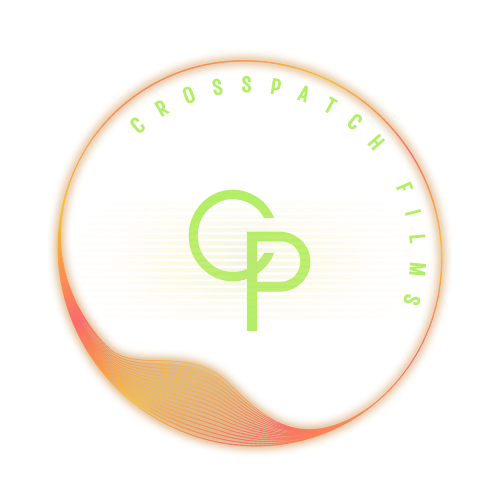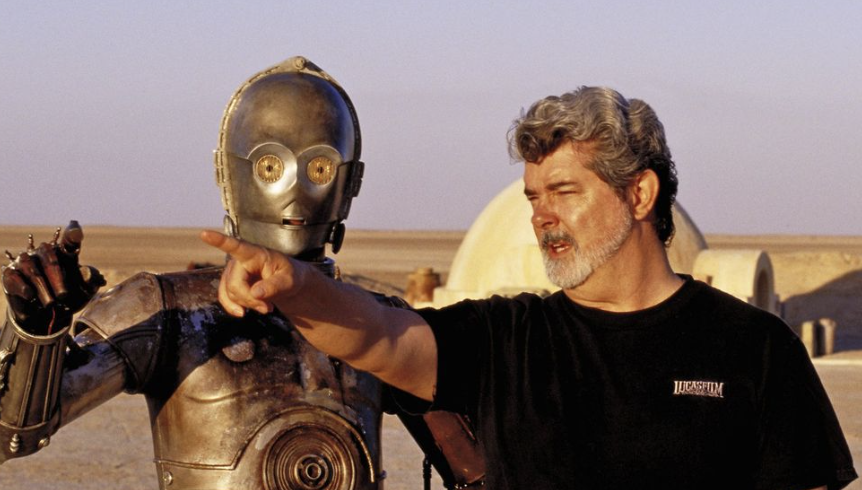The Crosspatch Times 9 - Pros and Cons of Editing Your Own Video Projects
The week has finally come. My first independent short film, Swapped at Length, is finally (FINALLY!) going to be finished. We shot all the way back in February, and that feels like a lifetime ago. Back then, I still hadn’t had to endure the Yankees choking in Game 5 of the World Series, or Juan Soto going to the Mets. Life was simpler then. Brighter.
Existence is pain and sometimes editing is too.
ANYWAY, the completion of this movie is a light in the darkness, and it seemed like a good time to write about my thoughts on editing your own video projects. That means movies, commercials, branded content, what have you. For me, it means editing projects that I also wrote and directed, but it could mean a project you directed even if you didn’t write it.
This is a relatively rare thing to do, but it does happen: Akira Kurosawa was very hands-on in the whole process, though often with a partner. Ti West of the X film series writes, directs, and edits his own movies; the Coen Brothers edit their movies under the pseudonym, Roderick Jaynes; Steven Soderbergh writes, directs, edits, and shoots his own movies (again, under a pseudonym); David Lynch often does the sound design for his movies, and he shot Inland Empire (2006), which, if you’ve seen that movie or heard any of his movies, makes a lot of sense. I’m sure there are many others, but you get the idea. Directors are frequently heavily involved in the edit, but they leave the nuts and bolts to someone else.
There are, I think, many benefits to following the process all the way through from start to finish. It’s also very hard sometimes, especially for longer videos, and especially for narrative videos like short films. I decided I’m not going to talk about cost here—the following assumes you could find someone else to edit your project if you needed to. Obviously, if you can’t pay or convince (hopefully pay) an editor friend to do it, you’ll do it yourself. Without further ado, let’s dive in!
PRO: Control
And the Director said…
“Let there be red!” And there was red.
I think this is the most obvious reason to handle every stage of a project yourself. If you’re behind the wheel, you control where the car goes. Even with clients or studios giving you feedback, you have a lot of leeway to make your voice heard in the edit, and no one is telling you “That won’t work” or “But I like it this way”. You can pursue every idea and make things fit together in ways that may not occur to someone who’s less intimately familiar with the project, and you don’t have anyone to disagree with you.
CON: Control
Did the paragraph above sound like a double-edged sword? It should have! Control is great, but some of the best and most famous projects in the world would be demonstrably worse if someone hadn’t intervened to convince a director to go a different direction. Clerks (1994) nearly ended with Dante being killed randomly in a robbery. First Blood (1982) was supposed to end with John Rambo forcing his old CO to kill him, instead of surrendering to police, until Stallone intervened. Some people blame the, um, issues with the Star Wars prequels on the idea that no one was willing to tell George Lucas that his ideas weren’t very good.
C-3PO trying to warn George about Jar-Jar Binks.
He didn’t listen.
Control is good, but you have to be willing to listen to people you trust too. After I cut Swapped at Length, I turned it over to an editor friend of mine to see what she would change. I didn’t ultimately use any of the changes she made, but giving up control for a minute helped me see the movie in a new way and make several other cuts I wouldn’t have made otherwise. It was still an invaluable exercise.
PRO: Speed
For short-form editing like commercials, I can put together a cut sooooo fast if I’ve directed the spot. If I wrote it, I’ve been envisioning the pacing, the compositions, everything, since the very beginning, and if I’ve done my job as director, all that stuff is waiting for me. I note my favorite takes during production and I usually know exactly how the spot fits together before I get back to my computer.
Things get harder for long-form projects, as you can’t (or at least, I can’t) hold everything in my head at once like I can for a thirty second commercial. I still have a very clear vision in my head though, and I can assemble the cut faster than someone encountering it for the first time.
HOWEVER, finishing that project can be a different story.
CON: Over-Exposure
Why is this man missing this beautiful sunset?
Because he spent 200 hours editing his short film.
Burnout in post-production is real. There’s a stage in editing, as in writing, when everything starts to look like mush and you can’t process the information anymore. For projects I’ve been with the whole time, this burnout can be even worse. Even with control, sometimes things don’t turn out exactly the way you want, and you have to solve problems in the edit. If you’ve been with something too long, it can be very hard to see another path than the one you’ve been following for months and months. Often, the only real solution for this is to walk away and come back when you’ve mentally reset. Unfortunately, deadlines exist and you don’t always have that luxury.
Even without a deadline (I didn’t have one with Swapped at Length) the project you write and direct can turn into “your baby.” You want it to be perfect. You’re not objective about it. These factors can lead to obsessively staring at the edit and tinkering, tinkering, tinkering. You never step away, you never gain perspective, and you never freakin’ finish.
I, ahem, cough, cough, wouldn’t know anything about that. Cough.
PRO: Expedited Learning
I think I became a better director, faster, because I edited my own work. I got to see the fruits of my labor and, more importantly, I got to see firsthand when things didn’t work. I developed my taste through this, noting when I should’ve held a shot three seconds longer, when I should’ve pushed for a different performance, when I could’ve done in one shot what I unfortunately did in two.
I learned how to stop shooting for coverage and instead be specific with my shot choices because I watched a lot of footage come through. Frankly, I didn’t want to deal with it and I thought, “Wouldn’t it be great if we could run this scene with 3 cuts instead of 15?” And it is great!
“Haven’t you used this stock image before?”
Shut up! There aren’t that many that show video editing.
It’s easy to sit in your editing suite and watch the work of others, saying to yourself, “I would never make that mistake.” And maybe you wouldn’t! But you’d probably make a different one. Editing your own work teaches humility. Sometimes it’s a painful lesson.
CON: Bad Communication Practice
Communication is a director’s greatest weapon, and it’s very, very hard. I’m not necessarily talking about logistical communication or decision-making, though those are important too–I mean the communication of the central vision of the project. If you can’t make other people see the project the way you see it, they’ll interpret it their own way and your results will vary.
Communicating your vision to an editor is of vital importance, because there are so many ways a project can go once you get into post. Even if you’re very intentional with the shots you choose, there’s no substitute for clear communication. At the same time, you can’t tell an editor, “Hold this shot for 3 seconds, this one for 5, intercut this here…” for an entire film. It crushes confidence. Moreover, if you’re doing that, I think you should be editing it yourself. You have to give them the space to make decisions within the framework you set for them. You must do the same thing with every department on your project, so when you rob yourself of one of the most involved and detailed communication avenues, you don’t get that experience.
Real photo of a director failing to communicate with his editor.
Maybe he should plug the phone in?
How many times have you heard someone say, “I needed X done, and it was easier for me to do it myself than to explain it to anyone”? It happens ALL. THE. TIME. Sometimes, it’s true! But sometimes, it’s a crutch that keeps you from mastering the valuable skills of communication and delegation. It prevents you from learning to trust people, and it means you, the director, are spending your time painting walls or something, instead of talking to your actors, or, like, sleeping.
Is Editing Your Own Project a Good Idea or Not!?
So, that was an equal number of pros and cons. The truth is, I think, that there’s no wrong answer unless there is. If you’re educated about production, know your own strengths and limitations, and are aware of your external circumstances, then you know whether or not it’s a good idea to edit your own project. I also think that every director should at least know how to edit, how editing works, even if they don’t take on the task themselves.
Video production and filmmaking are inherently collaborative. Even the greatest control freaks in the world need other people to get stuff made. Editing your own projects can be a great way to bring a very specific vision to life, as long as you’re realistic about the potential pitfalls and you surround yourself with people you trust. I firmly believe that taking the lead on each step is not the same as “doing it all yourself.”






